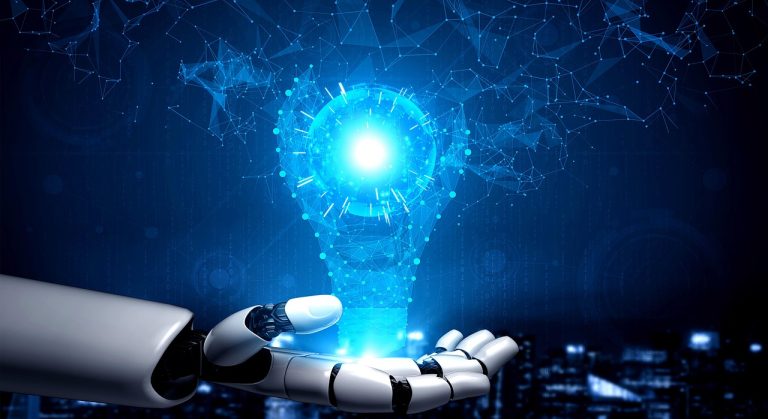
The development of AI, particularly complex systems like deep neural networks, sharply cuts into the fabric of patent law, leading to a constant reassessment of existing principles and provisions and their interpretation. Patent law provisions, including the European Patent Convention, were not written with computer programs, let alone AI systems, in mind. While the law is generally resistant to change by its very nature, some stakeholders call for a shift in the focus of interests and a redistribution of resources and benefits. This raises the question of the possible redefinition of power dynamics associated with various spheres of life and the actions of individuals, groups and commercial entities. It requires reflection on the role of patents in today’s society, especially in the light of AI technology. The described situation is likely to result in a reduction of legal certainty and weaker predictability of legal solutions for all stakeholders for some time before the rules are settled.
It is essential, therefore, to clearly outline the contours of the patent-eligibility of AI-related inventions as soon as possible because many commercial entities rely on the advantages that patent protection offers them. This is true regardless of whether they need it through an entire period of protection or not, the latter might being the case due to the rapid development of technological solutions in this field. The requirement of technical character, which is necessary for a “mathematical method” or “computer program” at the core of AI systems to be patentable, is not considered justified in part of the professional community. Therefore, opinions are strongly divided on whether patentability should be expanded to algorithms of AI “as such”. Furthermore, courts and other competent authorities would need to standardise criteria once again, defining a person with the appropriate expertise (both general and specific), what constitutes an “invention” and related issue of what information needs to be disclosed and how. This is necessary to accommodate the new circumstances and meet the need for adjustments of existing regulations by means of their creative interpretation, rather than to recognise an AI system as an inventor which would be a considerably more radical and controversial change within the framework of patent law.
However, the dynamic technological environment in which increasingly advanced AI develops will still require some fundamental changes in the patent law system. These changes should consider the characteristics of new technologies to protect the interest of the human whose intelligence devised them and the interests of those who invested in them, while simultaneously serving the interests of the entire society that should also have access to and enjoy the benefits of technological advancements. Whether it will be necessary to create a new legal framework to protect the interests of participants in the process of making and use of inventions related to AI in the future will primarily depend on the properties of these inventions and their differences from those known today. It will also depend on a potential shift in societal values towards sustainability that goes beyond purely economic considerations.